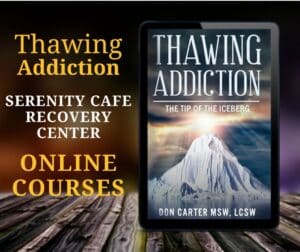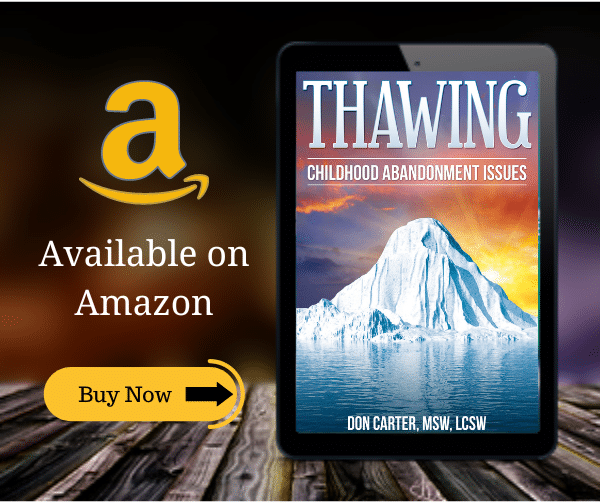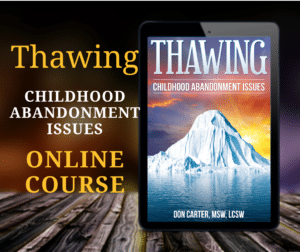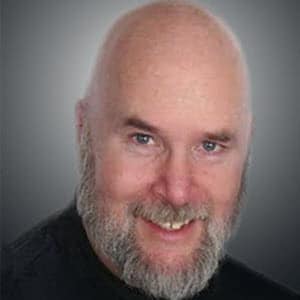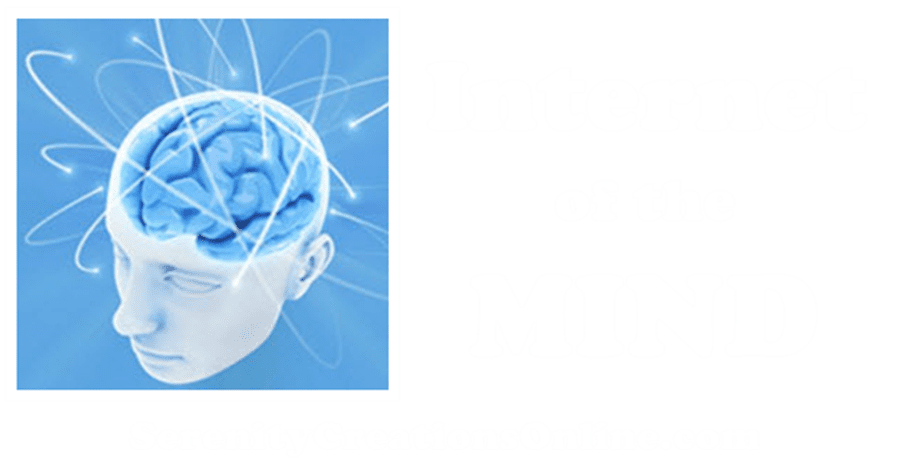
Shame and Addiction Trio
Shame and Addiction – Active alcoholism or addiction can create a variety of outcomes, namely the Terrible Trio of guilt, remorse, and shame. The good news is that some of these feelings can serve as an indicator or warning sign to the drinker that what they are doing is going against social norms or personal values. These feelings are produced by a collision of a person’s behavior and their value system – it says, “I am missing the mark.” The bad news is that these feelings can grow and fester unless we do something to stop or alter the behavior that is causing them.
Terrible Trio: Guilt, Remorse, and Shame
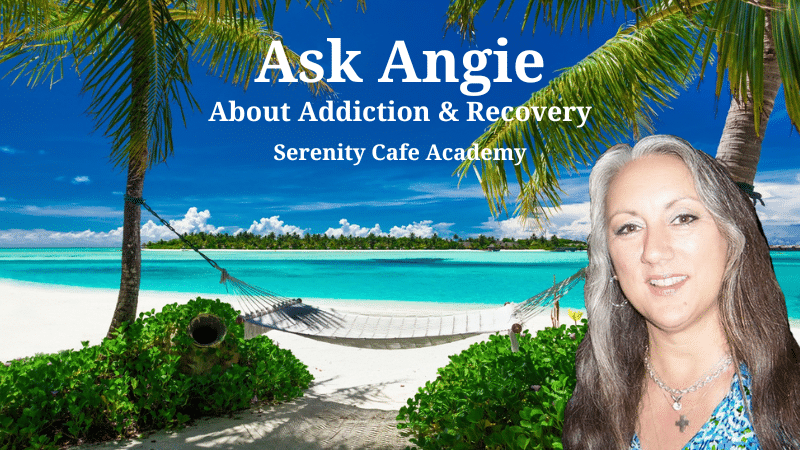
Questions? Contact Angie at Carter Counseling
Being in long-term recovery has availed me the opportunity to experience firsthand the process of uncovering and dealing with the “terrible trio”. My early drinking days did not result in these terrible feelings, minus a few isolated incidents, but as time went on my drinking increased and so did my erratic behavior. In order to continue the relationship, I had with alcohol I began to minimize or oppress the negative feelings I had as a result of my inappropriate behavior and poor choices. This was not a conscious decision but more of a subconscious reaction. Much like the person who knows they are in an abusive relationship but somehow they make it okay in their mind or at least hang onto the hope that it will change.
Some of the things I told myself to offset shame and addiction were:
- Everyone does stupid stuff when they’re drunk
- I was drunk so my behavior doesn’t really count
- At least I wasn’t as bad as “so and so”
- I deserve to cut loose like this, I work hard for a living
- If “they” hadn’t done “that” I wouldn’t have reacted that way- they started the ball rolling in this situation so it’s their fault
- Everyone was buying me drinks (shots or beers) -I had no intention of getting that drunk, it’s not really my fault
And here is one for the lone drinker… “I am not really hurting anyone, I just wish people would get off my back, it’s my life!”
My first real attempt came after getting into a physical altercation with a cousin. I was horrified at my behavior and very ashamed of what happened. I made a vow right then and there to not drink again. My cousin was very hurt and upset with me. I continued with all my same shame and addiction routines, hanging out with drinking family and friends, playing pool and going to parties but I did not drink. Slowly over time my cousin forgave me, it took five weeks.
The guilt associated with drinking or using can stem from a variety of behaviors such as broken promises, embarrassing actions, lying, breaking the law, spending money and in some cases physical or verbal abuse. In order to lessen the negative feelings caused by these shame and addiction behaviors alcoholics begin to use denial characteristics such as minimizing and justifying. Or sometimes in order to get the focus off of them, they just focus on someone else’s behaviors. Picking, nagging, accusing and provoking are some of the methods used in order to defocus off of self.
Remorse, which is a deep and painful regret for wrongdoing, is more intense than guilt. Sometimes the behavior is so out of line or offending that it produces remorse. Drunken actions and behaviors can alter someone else’s life forever. I have thought many times about how grateful I am that I never injured or killed someone by my drinking and driving. But there are other situations which did cause me to have feelings of devastating remorse. Was that enough to stop me from drinking? Not entirely. I made a few half-hearted attempts to quit but was unsuccessful.
Shame is basically the feeling that says I am a mistake rather than I made a mistake. It is a painful feeling about self which typically includes dishonor, disgrace and self- condemnation. After repeated episodes of conducting myself in a regretful manner, I began to experience shame. I was having very negative thoughts about myself and feelings of not wanting to be here. Hitting bottom from drinking and using can be a very a frightening and difficult process.
When someone would try to confront me about my intoxicated actions I would use hostility or blame in order to become non-approachable about the subject. Internally I would be filled with bad feelings such as embarrassment and humiliation. I knew the alcohol caused me to act out but if I fully acknowledged that fact I would have to do something about it, and I was not ready to do that. Unfortunately, it took a lot more pain in order for me to become willing to seek help.
Eventually, these painful feelings added up and there was a tipping point. I did agree to go into treatment and learn about the disease concept and be open to the solution. It is not easy going back through the past and deal with situations that brought about the “terrible trio” but for me, it was worth it. I am free from the vicious cycle of active alcoholism that the havoc it wreaked in my life. I learned how to clean up the wreckage of my past, make amends and not repeat those behaviors. Where there was once guilt, remorse and shame there are now feelings of happiness, joy and freedom.
About the Author
Angie Carter, CRADC, SAP is a certified reciprocal alcohol and drug counselor and DOT certified Substance Abuse Professional. She is in private practice at Carter Counseling & Consulting Services. Angie sees local clients in the office and is also available for telephone coaching and/or consultation. Click here to contact Angie with appointment requests, questions, or feedback.
